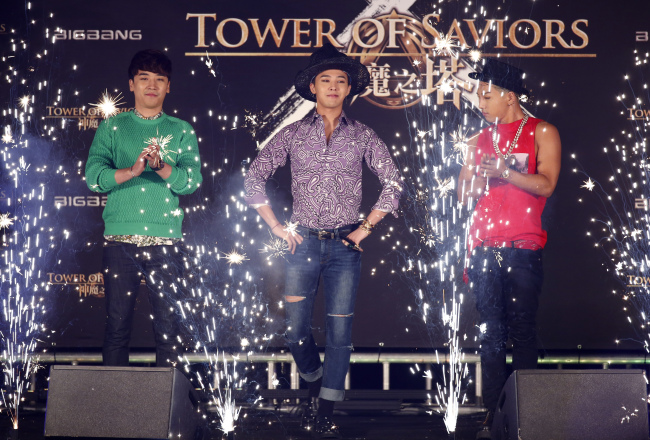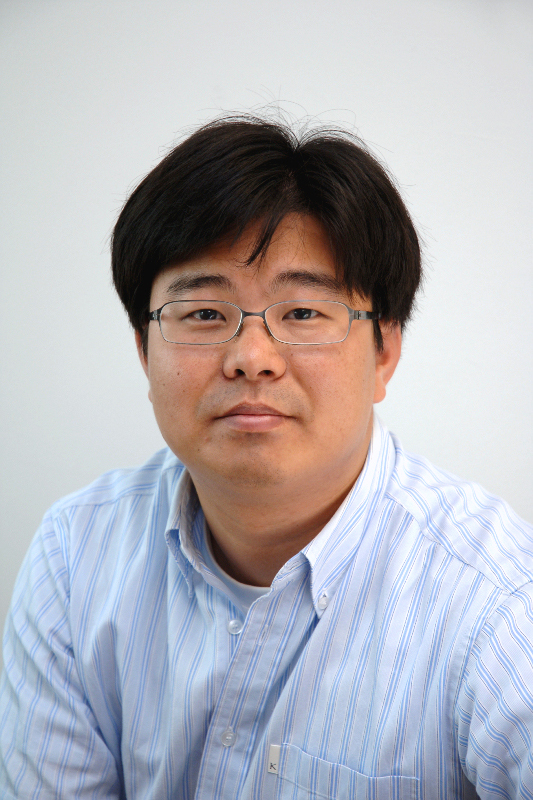In terms of culture, South Korea has long been the “small but flamboyant America in Asia.” After the end of World War II and the country’s liberation from Japan’s colonial rule, Korea quickly adapted to U.S. sociocultural values such as materialism, individualism and competition.
Korea quickly took on and recreated American culture, from elements concerning everyday life such as fashion and the use of leisure time to all aspects of arts and culture including popular and high culture, in Asia.
As a result, Korea managed to secure craftsmanship with an external form that rivals that of the U.S. in terms of technique and format.
Record-setting box office hits such as director Choi Dong-hoon’s “The Thieves” and director Bong Joon-ho’s “Snowpiercer” follow the format and “grammar” of the West so closely that they could easily be mistaken for Western films.
Young Korean musicians have been sweeping international music competitions. Korea, which has been strongly influenced by U.S. pop culture, is now exporting its own music to the U.S. through artists such as Big Bang and 2NE1.
Korea quickly took on and recreated American culture, from elements concerning everyday life such as fashion and the use of leisure time to all aspects of arts and culture including popular and high culture, in Asia.
As a result, Korea managed to secure craftsmanship with an external form that rivals that of the U.S. in terms of technique and format.
Record-setting box office hits such as director Choi Dong-hoon’s “The Thieves” and director Bong Joon-ho’s “Snowpiercer” follow the format and “grammar” of the West so closely that they could easily be mistaken for Western films.
Young Korean musicians have been sweeping international music competitions. Korea, which has been strongly influenced by U.S. pop culture, is now exporting its own music to the U.S. through artists such as Big Bang and 2NE1.

Korean dramas are broadcast across Asia as soon as they are made, while haute couture fashion shown in New York and Paris are sold in the streets of Seoul’s Cheongdam-dong the very next year.
However, Korea has rarely made known its presence on the international stage through cultural works that embody new values and philosophies. Hollywood-style movies are produced without difficulty but Korea has rarely made waves in the international arena with movies that belong to a uniquely Korean genre.
Korea has produced many artists highly skilled in Western music, but the country has yet to produce composers of such caliber.
Designers who set the trends, artists who are applauded for their unique attempts, and architects whose works are closely followed by the world for their new styles and philosophies have not yet been produced by Korea. Singer Psy’s “Gangnam Style” swept across the world like a tsunami, but we are still not quite clear exactly what Korean-style popular music or a Korean-style drama are.
Today, over 10 years into the 21st century, our society has begun to seriously contemplate about how to fill this great vessel of culture.
As we slowly realized that the happiness of the people cannot be guaranteed by focusing on growth, we have begun to contemplate the “quality of life,” which had once taken the back seat, shoved aside by endless competition.
We are in the process of expressing Korean values and Asian traditions within the Western framework through trial-and-error. We have begun to ask ourselves about our identity not as an importer of culture that chases after trends. We have now begun to question ourselves about our identity as a culturally independent country, a country that has made its presence known in the international arena.
For Korean society, the next 30 years will bring unprecedented opportunities to experiment on how to present Asian content in a Westernized format.
Korea will soon become a society where population aging has progressed to a level rarely seen before. That in turn, will exert pressure to change today’s culture that revolves around those in their teens and 20s into one that encompasses all generations.
As multiethnic families become more common, the next 30 years will be a time in which we finally experience the values and meanings of “cultural diversity” that includes Asia.
The country will move on from seeking superiority through competition, and see uniqueness acting as a conduit for creativity to bloom into the flower that is culture.
That culture will contain everything ― the good and the bad ― that was created in Korea over the course of the past 30 years. The anguish of a generation that was subjected to ceaseless competition from the moment they were born and the self-reflections of the generation that is passing on a society torn by polarization.
Rediscovering China, Thailand, Vietnam and other Asian cultures we have neglected while we looked only toward the far off West, and the social connection created by using information technology as a platform for festivals and a stage for shared experiences.
Such phenomena, so rarely seen in other countries, will be displayed through Korean dramas, movies and music for the world to see.
Korean culture will be received enthusiastically by many Asian countries, because it is a future they will soon experience themselves. And many Western countries will turn their attention to Korea to rediscover the creative drive that they have lost.

By Jeong Jaeseung, KAIST professor of bio & brain engineering
-
Articles by Korea Herald



![[Exclusive] Korean military set to ban iPhones over 'security' concerns](http://res.heraldm.com/phpwas/restmb_idxmake.php?idx=644&simg=/content/image/2024/04/23/20240423050599_0.jpg&u=20240423183955)




![[Herald Interview] 'Amid aging population, Korea to invite more young professionals from overseas'](http://res.heraldm.com/phpwas/restmb_idxmake.php?idx=644&simg=/content/image/2024/04/24/20240424050844_0.jpg&u=20240424200058)

![[Pressure points] Leggings in public: Fashion statement or social faux pas?](http://res.heraldm.com/phpwas/restmb_idxmake.php?idx=644&simg=/content/image/2024/04/23/20240423050669_0.jpg&u=)









